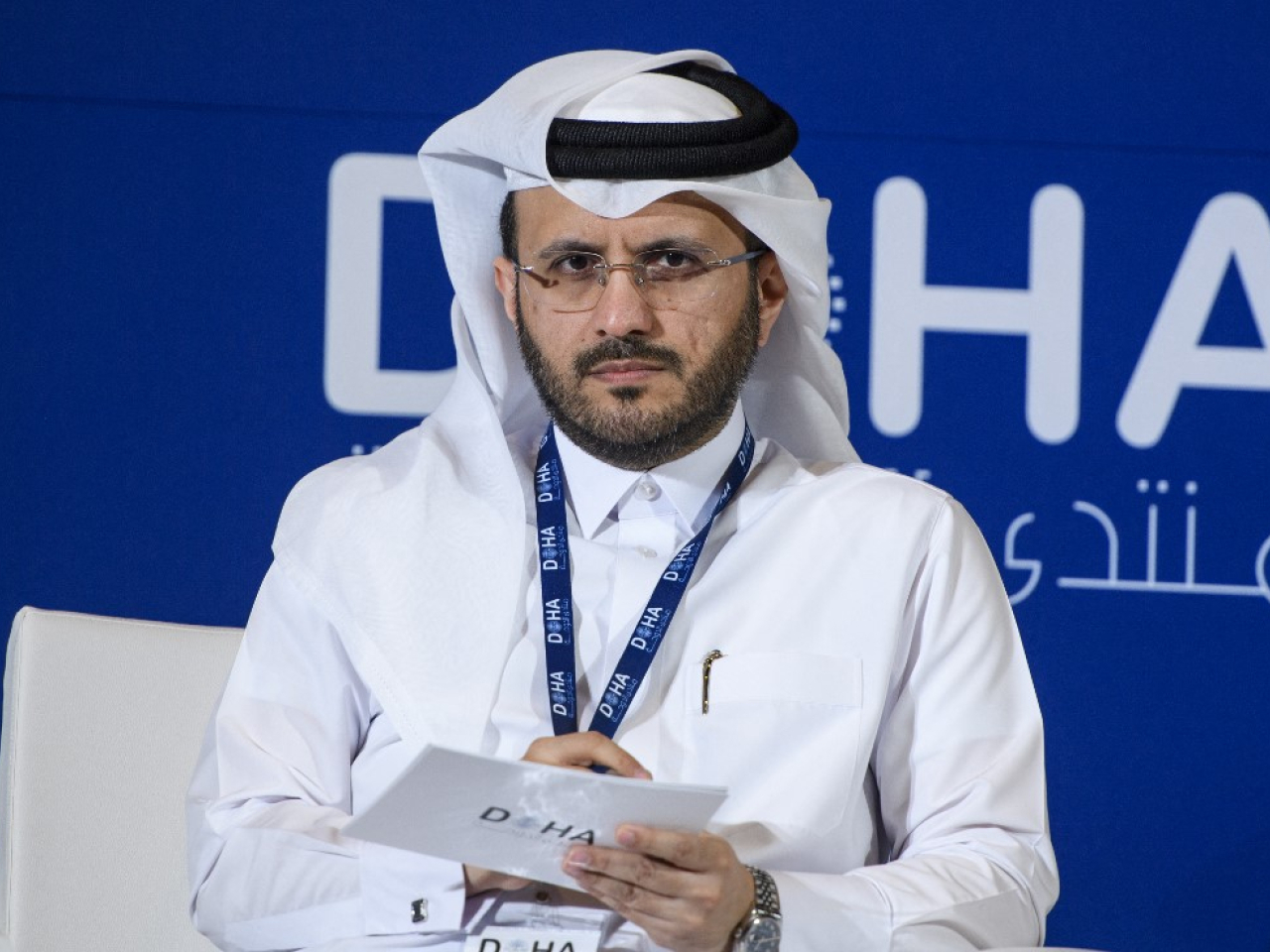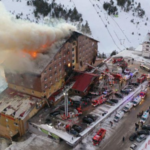
A ceasefire between Israel and Hamas in the Gaza Strip begins today at 0630 GMT, as announced by Qatar’s foreign ministry spokesman Majed al-Ansari on X. The World Health Organization (WHO) has stated that over $10 billion will be needed to rebuild Gaza’s devastated healthcare system.
Qatar, which mediated the ceasefire, confirmed the start time as 8:30 am local Gaza time on Sunday, January 19. While Israel’s cabinet approved the hostage and prisoner exchange deal, they specified that no prisoners would be released before 1400 GMT.
WHO’s representative in the Occupied Palestinian Territories, Dr. Rik Peeperkorn, announced plans to increase aid deliveries to 500-600 trucks daily in the coming weeks. This marks a significant increase from the current 40-50 trucks reaching Gaza monthly, aiming to match pre-war aid levels from before October 7, 2023.
Speaking from Jerusalem, Peeperkorn described the ceasefire as “a sign of hope” while acknowledging the enormous challenges posed by severe shortages of food, fuel, and medical supplies. Plans include deploying temporary prefabricated clinics and hospitals to expand bed capacity and address urgent health needs.
The humanitarian situation remains critical. According to authorities, over 46,000 people have died and more than 110,000 have been injured since the conflict began. Disease spread and famine risk remain high concerns, with over 12,000 patients, including one-third children, awaiting specialized care evacuation.
The evacuation process has been notably slow. WHO reports that of 1,200 evacuation requests submitted between November and December 2024, only 29 were approved – a 2.4 percent approval rate.
Gaza’s healthcare infrastructure has been severely impacted. Only half of its 36 hospitals remain operational. WHO has documented 664 healthcare attacks since October, resulting in civilian and medical worker casualties and damage to health facilities.
WHO has prepared a 60-day emergency health response plan to implement once the ceasefire begins. The plan focuses on expanding existing health services, establishing temporary medical facilities, and restoring essential healthcare operations. Immediate priorities include providing food, water, medical supplies, fuel, and generator spare parts.
Authorities advise Gaza inhabitants to exercise caution and await directions from official sources as the ceasefire takes effect.











Be the first to leave a comment